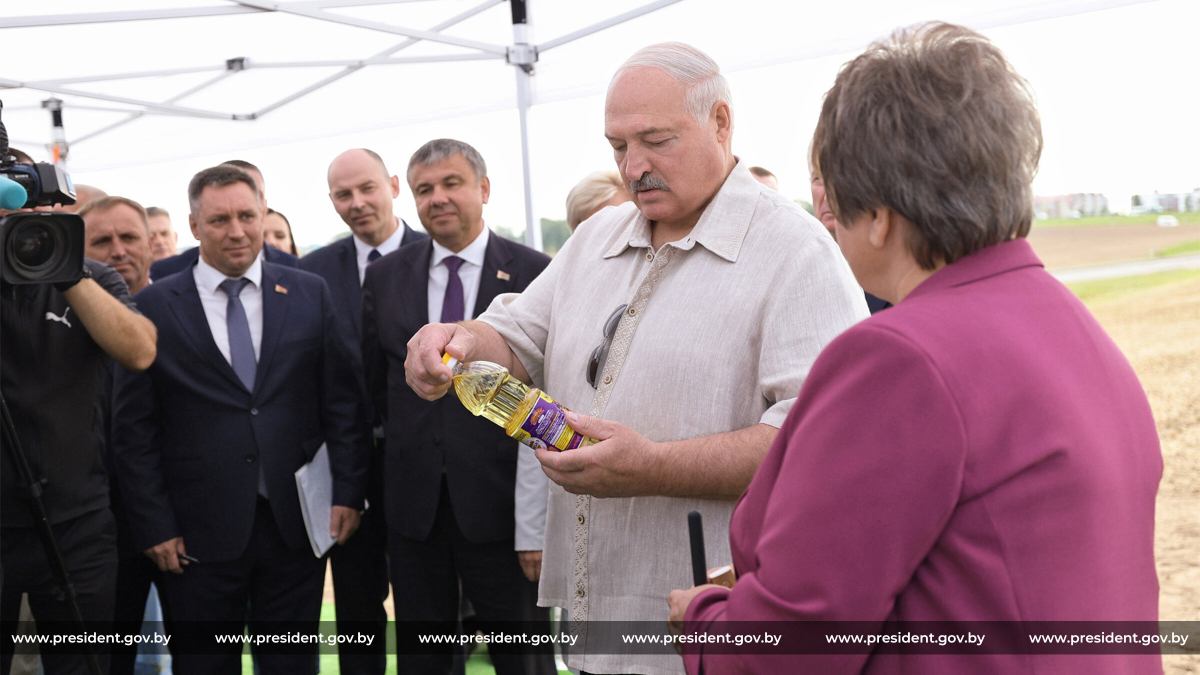A Moscow exhibition titled “Ten Centuries of Polish Russophobia” opened on Gogol Boulevard under Russian state auspices, drawing criticism for its one‑sided, anti‑Polish narrative.
Curated by Russian Military‑Historical Society
The exhibition, overseen by the Russian Military‑Historical Society, is held under the auspices of the Russian Ministry of Culture and the Ministry of Defense. Chairman Vladimir Miedinski, a former culture minister who now advises President Putin, plays an active role in its organization.
Content Focused on 20th Century Events
Titled “Ten Centuries of Polish Russophobia”, the display—running until early November—concentrates mainly on 20th‑century occurrences, including World War II, the Warsaw Uprising, the alleged “fabrication of the Katyn lie”, and the “liberation of Poland by the Red Army”.
Russian media claim the exhibit aims to show how anti‑Russian sentiment has historically developed in Poland, featuring panels that depict de‑communization as hostile, alleged Polish mercenaries fighting in Ukraine, and accusations of Polish crimes in Kursk.
Selective Presentation of History
Critics say the exhibition omits key facts such as the 1939 Soviet aggression against Poland, the Katyn massacre, and postwar repression of Poles, instead portraying Poland as a Western proxy against Russia.
A display even shows a photograph of Minister Józef Beck meeting Adolf Hitler, while ignoring the fact that months later the USSR signed the Ribbentrop‑Mołotow Pact and joined Germany in the partition of Eastern Europe.
The Military‑Historical Society has published books and materials that depict Poland as hostile and fact‑distorting, collaborating with the West to undermine Moscow.
Kremlin Intensifies Anti‑Polish Rhetoric
Recent Russian state media coverage has amplified anti‑Polish tone, echoing remarks by National Security Office chief Sławomir Cenckiewicz who stated that Poland and Russia are at war. Although the comment referred to cyber attacks and hybrid warfare, media spun it as evidence of Warsaw’s open hostility.
After Russian drones intruded Polish airspace, accusations of “provoking anti‑Russian sentiment in Europe” have intensified, with Kremlin spokesman Dmitry Peskov labeling EU policy a “prisoner of unrestrained Polish and Baltic policy”.
Polish Diplomats Respond
Polish Ambassador to Russia Krzysztof Krajewski noted that aggressive remarks about Poles are increasingly visible in public discourse and accused the Kremlin of propaganda. He also commended Poland’s principled support for Ukraine, suggesting its stance effectively frustrates Russian authorities.










